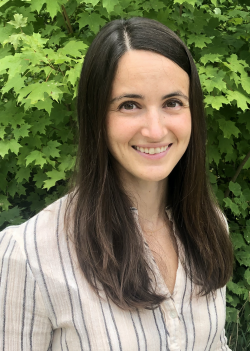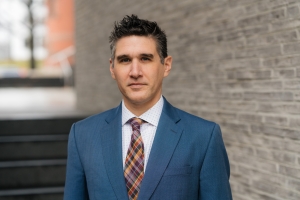Emily Finn
Don't Fence Me in: Defensive Storytelling to Subvert Partisan Stereotypes Encoded in Networked Knowledge Structures
Emily Finn

In our age of political polarization, conversations across party lines can be difficult. A fundamental source of this difficulty is negative stereotypes associated with different political identities. In order to better understand how storytelling strategies can alternately reinforce or help overcome these stereotypes, we will build computational models of cross-political conversations in two different, but related contexts. First, we will use dynamic graphs to model how passive observers of the same real-world stimulus, a televised presidential debate, arrive at divergent politically-motivated interpretations of events through engagement with different communication networks on Twitter. Second, we will use agent-based modeling and natural language processing to explore how people use their understanding of these stereotypes in one-on-one conversations, during which they play a generative role in shaping the content, to engage in defensive storytelling – sharing stories about their lives to preemptively defuse others' politically-informed assumptions. Together, these lines of inquiry will expand our understanding of how political stereotypes operate in the larger social world and inform strategies for developing mutual understanding across party lines.



